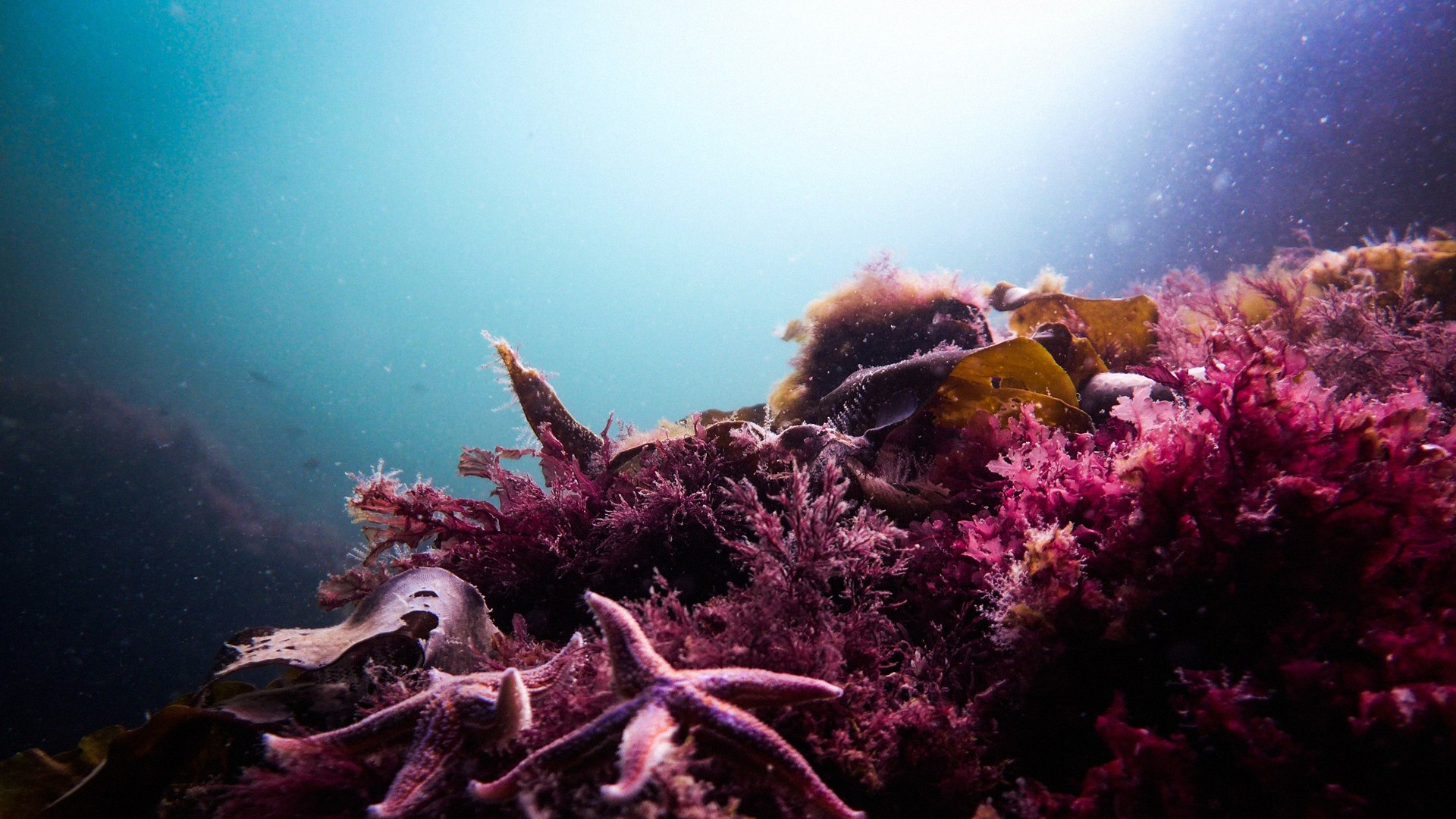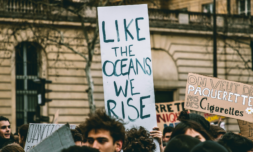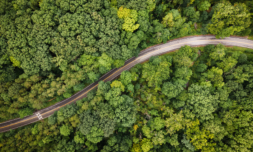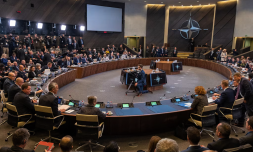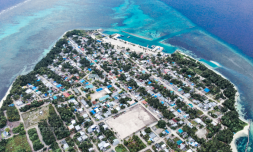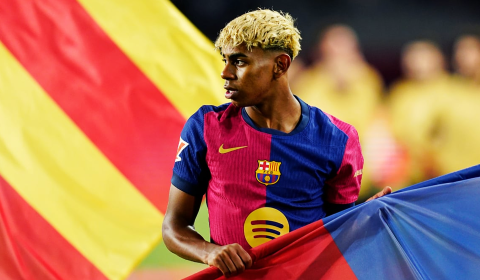‘Bottom trawling’ is destroying delicate marine ecosystems that are ‘protected’ by the EU. Now, a coalition of NGOs is demanding accountability and increased action.
A group of Non-Governmental Organisations (NGOs) are pressuring the EU to ban the common commercial fishing method known as ‘bottom trawling’.
For those unfamiliar, ‘bottom trawling’ involves dragging nets up to 650m wide across the seabed and catching thousands of low dwelling fish in a single voyage. It’s a highly efficient method of industrial fishing, but it is extremely destructive and damaging for marine life.
Giant nets aren’t selective in what they bag. You’ll have no doubt seen images of sharks and sea turtles caught up in netting as a result of this practice and between 40% and 90% of a typical bycatch is thrown back to sea. That’s if the fish survive being winched and examined by boat workers, of course.
By far the biggest environmental issue, however, is the destruction of delicate coral reefs by the concrete blocks or metal sheets that weight the net to the seabed. Surrounding marine life is disrupted by plumes of sediment sometimes so large that they can be seen from space. Strictly speaking, it’s an ocean conservationist’s worst nightmare.
Despite a raft of EU laws previously put in place to safeguard marine life in associated states, and to ensure a ‘good environmental status’ in seas by 2020, the prevailing feeling from environmental NGOs including Oceana, Greenpeace Europe, and ClientEarth, is that efforts to introduce sustainable fisheries management, and to curb our harm to biodiversity have gone the same way as recent plans to curtail ocean plastic – not too well.
Promises have been made left, right, and centre, but regretfully tangible change is still lacking.
Therefore, when the EU published a draft of its biodiversity strategy for 2030 this week, NGOs were quick to follow up with their own 10-point action plan to be presented to the environment committee on Thursday (Jan 21st).









